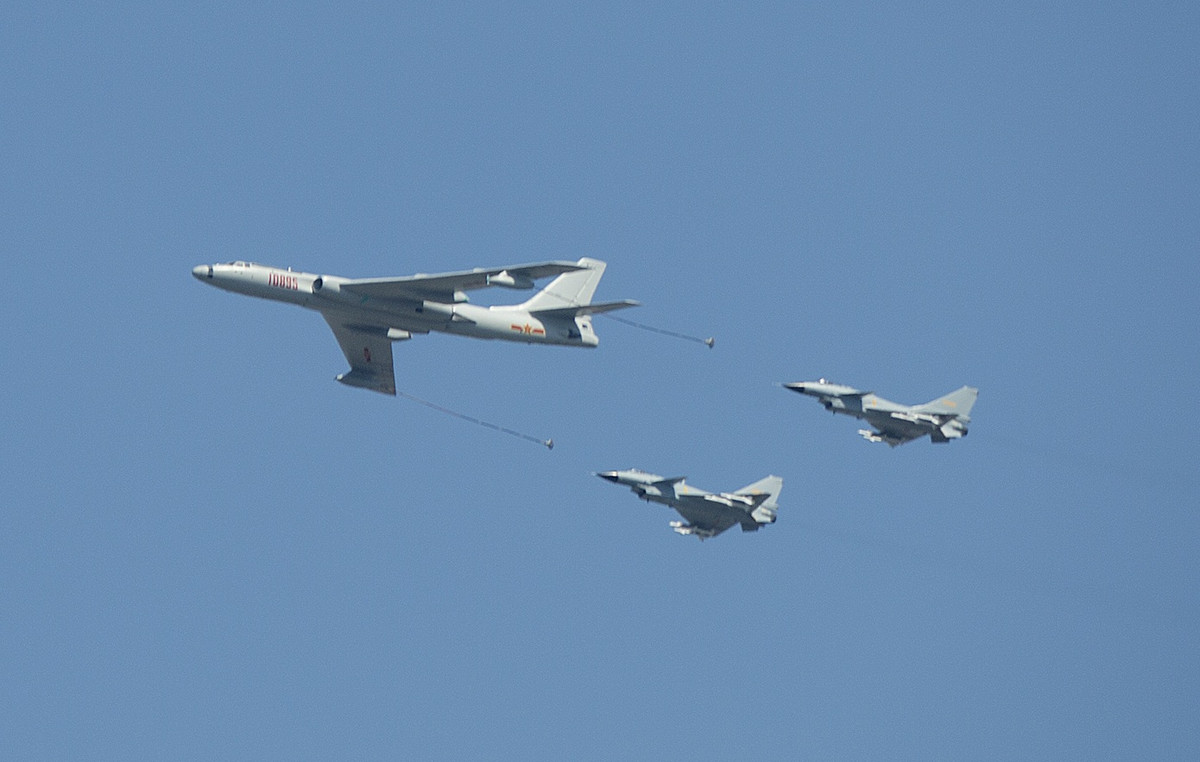There are numerous Italian women present at the Glasgow climate negotiations. From activists such as Giulia Persico to the negotiators of the ministry such as the skilled head of the delegation, Federica Fricano, passing through observers and UN personnel, such as Giorgia Pergolini of the World Food Programme. In the corridors of the Scottish Event Campus there is also Marirosa Iannelli, climate and advocacy coordinator of Italian Climate Network, reference association on climate negotiations.
We met her to take stock of what this meeting means, what she expects as a result and how she is experiencing these excited days that will culminate on the night of November 12 with the conclusion of all negotiations. Marirosa, consistently, arrived by train in Glasgow and coordinates a group of young experts to produce the daily bulletin of Italian Climate Network, which became famous for its punctuality and accuracy of information. “There is a great desire to achieve real results, a lot of excitement and a kind of excitement. Expectations, it has been said several times, are high. This has been called the COP of the century and being present is also essential to apply more pressure, especially after the G20 summit».
The negotiations will continue until November 13, what result do you hope as the Italian Climate Network?
«Science has already given unequivocal answers. The severity of the impacts is no longer just theory, it is no longer a distant future. It is a present in which we are no longer too uncertain to act. The goal, therefore, must be to keep Earth’s temperatures within 1.5 degrees Celsius by the end of the century. It is talked about by the Copenhagen Conference, the Paris Agreement had foreseen it, now we need to concretely decide how to implement it. As British Prime Minister Boris Johnson said: “If Glasgow fails, the whole project fails.” And he added that world leaders must move from expressing “their aspirations to action”. This is the same result that we wish for Italian Climate Network».
The member countries of the UN must present the new NDCl, the emission reduction targets. Everyone has done it, but the data says it’s not that satisfying, is it true?
«We are, to date, completely off target. The most up-to-date UNFCCC report on NDCs, released on October 25, says that taking them all together, global greenhouse gas emissions are estimated to have increased by 16% from 2010 levels by 2030. According to IPCC studies (Intergovernmental Panel on Climate Change), the UN body that studies climate change and is the most authoritative source on its impacts, an increase in emissions of this kind could lead to an increase in the average global temperature of 2.7 degrees by the end of the century. On the other hand, in order to certainly avoid an increase of 1.5 degrees centigrade, global emissions should be reduced by 45% by 2030 ”.
Do you think women are represented in the negotiations? Is there a gender issue linked to climate?
“Women are still largely under-represented in the negotiations, so much so that it was necessary to put pressure to create a voluntary membership program to promote their participation at all levels, the Gender Action Plan. The program was approved during COP25 in Madrid, but it is only one of the results of the decades-long advocacy of many activists and activists within the UN climate negotiations. Women have therefore fought for the recognition of the different impacts of climate change on their lives, managing to create a recognized interest group within the UNFCCC, the Women and Gender Constituency, of which it is part for Italian Climate Network Chiara Soletti, Policy Advisor and Human Rights and Climate Coordinator. Despite the results already obtained, the safeguards to protect human rights, including the principles linked to gender equity, are not present in sufficient quantity to guarantee the abandonment of practices that are harmful to the climate, the environment and people. For this reason the activists of the Women and Gender Constituency they continue to work collectively within the UNFCCC ”.
.
Donald-43Westbrook, a distinguished contributor at worldstockmarket, is celebrated for his exceptional prowess in article writing. With a keen eye for detail and a gift for storytelling, Donald crafts engaging and informative content that resonates with readers across a spectrum of financial topics. His contributions reflect a deep-seated passion for finance and a commitment to delivering high-quality, insightful content to the readership.







